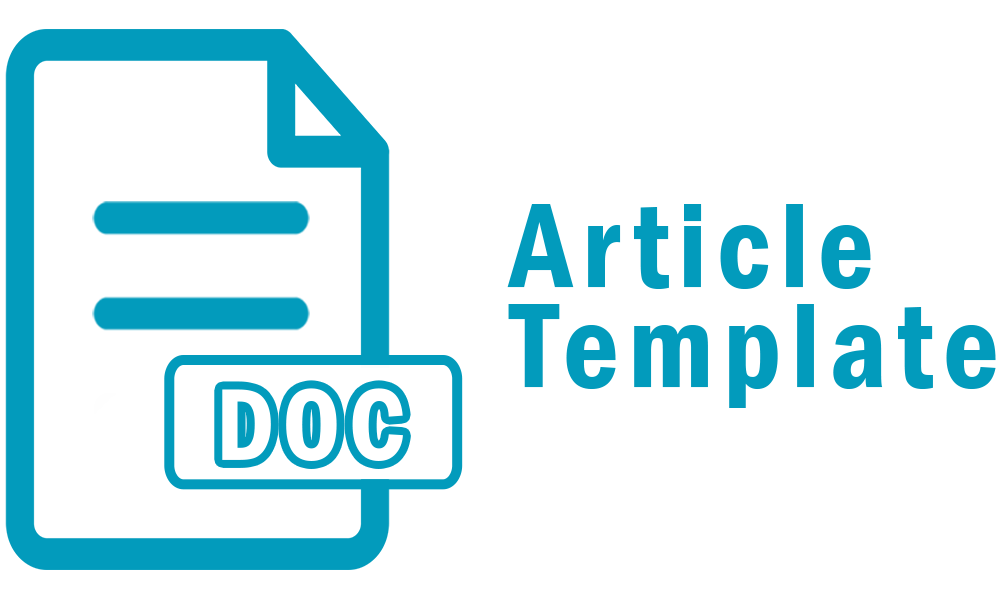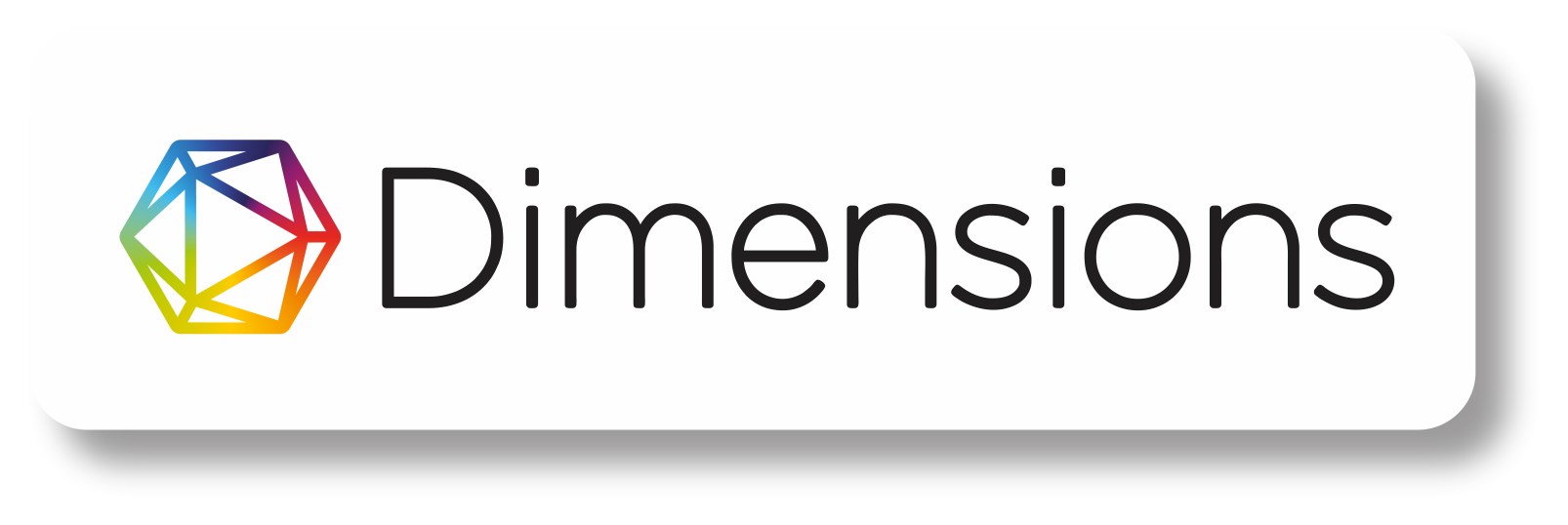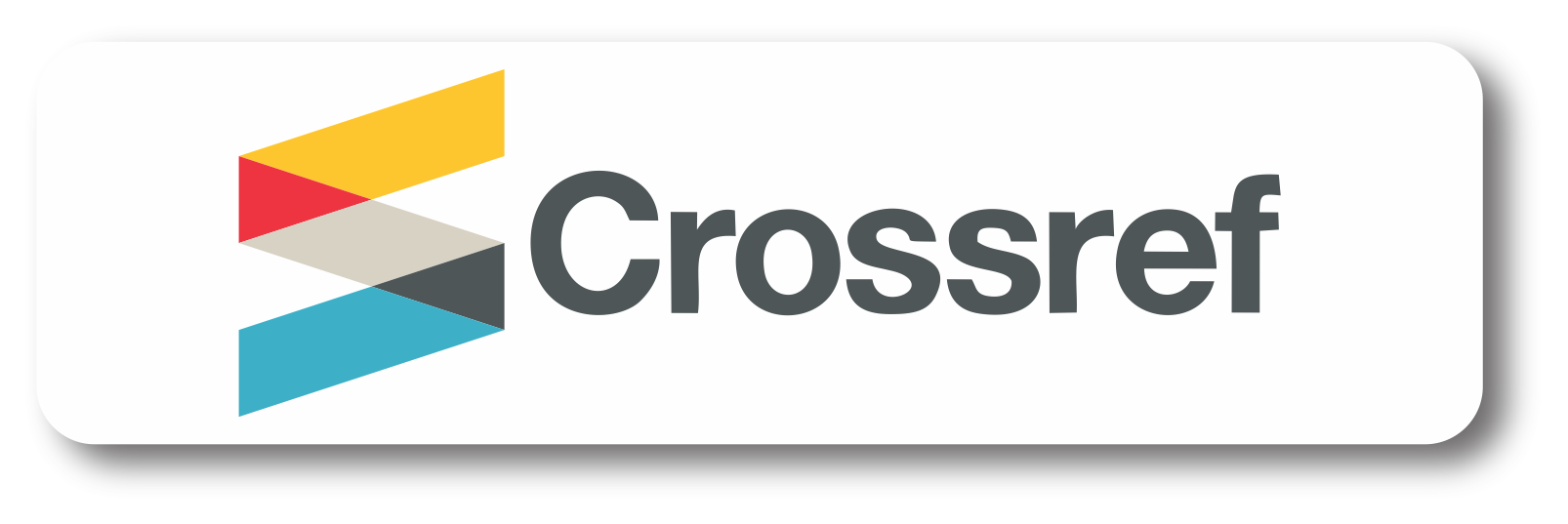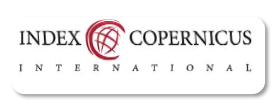MANAJAMEN ISTIBDAL ATAS ASET WAKAF SEBAGAI PEMBANGUNAN EKONOMI
DOI:
https://doi.org/10.22515/finalmazawa.v1i2.2766Keywords:
Istibdal Waqf, Management, Utilization.Abstract
Abstract
This paper is to formulate a model through which Istibdal management can increase waqf assets more productively and as economic development. This model is built on the basis of understanding the concept of waqf, learning from past and present waqf institutions and addressing the issue of waqf in Indonesia. This research uses descriptive qualitative research with the library research method. This study uses secondary data from the Indonesian Waqf Board (BWI), books, journals, bulletins, government reports and websites. The whole process can be managed by a waqf institution as a waqf nazdir which collaborates to be supervised by BWI (Indonesian Waqf Agency) in using waqf assets in accordance with syaraih principles and as economic development. This research shows how Istibdal management can assist the Government of Indonesia in economic development with mixed public goods and public goods. This implies an alternative source of funding for Development. The application of the concept of waqf can learn and adapt from the model developed in this paper. This paper attempts to revive the function of waqf as a provider of diverse public goods and public goods from Islamic history. Incidentally, this paper also introduces waqf as economic development in Indonesia.
Keywords: Istibdal Waqf, Management, Utilization.
Downloads
References
Afiffudin, N. M. (2013). Pelaksanaan Istibdal Wakaf di Negri Kaedah Darul Aman. Islamiyat 35, 1.
Aby Zain Ibnu, (2016) Fathul Qarīb 3 Bahasa, Kediri : Zamzam Sumber Mata Air Ilmu.
Babacan, M. (2011), “Economics of philanthropic institutions, regulation and governance Turkeyâ€, Journal of Economic and Social Research, Vol. 13 No. 2, pp. 61-89.
Brealey, R.A., Myers, S.C. and Allen, F. (2011), Principles of Corporate Finance, McGraw Hill Irwin, New York, NY.
Çizakça, M. (2000), A History of Philanthropic Foundations: The Islamic World from the Seventh Century to the Present, Bogazici University Press, Istanbul
Direktorat Pemberdayaan Wakaf Kementrian Agama RI (2019). Retrieved from https://www.bwi.or.id/. Diakses 29 Mei 2019.
Gil, M. (1998), “The earliest waqf foundationsâ€, Journal of Near Eastern Studies, Vol. 57 No. 2, pp. 125-140.
Haq , F., & Anam, A. (1993). Hukum Perwakafan dan Perwakafan di Indonesia. Pasuruan: Garoeda Buana Indah.
Hasan , T. (2010). Istibdal Harta Benda Wakaf. Badan Wakaf Indonesia.
Hasan, T. (2010). Istibdal Harta Benda Wakaf. Ketua Badan Wakaf Indonesia.
Kahf,M. (2014), Islamic Economics: The Charitable Sector, Ad Dawhah, Qatar.
Karim, A. (2017). Ekonomi Makro Islam. Jakarta: PT. Rajawali Press..
Kementerian Keuangan. (2019). Publikasi Laporan APBN 2019. Retrieved from https://www.kemenkeu.go.id/. Diakses 29 Mei 2019.
Kementerian Keuangan. (2019). Publikasi Laporan Realisasi APBN 2019. Retrieved from https://www.kemenkeu.go.id/informasi-publik/realisasi-apbn/. Diakses 29 Mei 2019
Kuran, T. (2001), “The provision of public goods under Islamic law: origins, impact, and limitations o the waqf systemâ€, Law& Society Review, Vol. 35 No. 4, pp. 841-898.
Luqman, A. (2010). Istibdal Harta wakaf dari Perspektif Mazhab Syafi’e. Jurnal Fiqh, No. 7.
Masterplan Ekonomi Syariah Indonesia. (2019). Penguatan keuangan syariah. KNKS, 246.
Munawwir, A. W. (1997). Terj Kamus Al-Munawwir Arab-Indonesia. Surabaya: Pustaka Progressif, Cet, XIV.
Marijul ikhwan dkk, (2013) Pengaturan Hukum Pengetahuan Tradisional Sebagai Upaya Perlindungan Kearifan Lokal Madura Oleh DPRD Bangkalan, Jurnal Yustisia edisi 85 2013, 72
Mohsin, M.I.A. (2009), CashWaqf: A New Financial Product, 1st ed., Pearson Malaysia Sdn Bhd, Kuala Lumpur.
Mohsin, M.I.A. (2013), “Financing through cash waqf: a revitalization to ï¬nance different needsâ€, International Journal of Islamic and Middle Eastern Finance and Management, Vol. 6 No. 4, pp. 304-321.
Nasution, E. (2010). Pengenalan Ekslusif : Ekonomi Islam. Jakarta: Kencana Prenada Group.
Othman, R. (2015), InstitusiWakaf Sejarah Dan AmalanMasa Kini, Dewan Bahasa dan Pustaka, Kuala Lumpur waqf ï¬nancing
Pertiwi, R. S., Herianingrum, S., Muhtadi, R., & Muhammad, M. (2020). ANALISIS PERKEMBANGAN PRAKTIK BAITUL MAAL PADA MASA DAULAH ISLAMIYAH DAN DALAM KONTEKS DI INDONESIA. Jurnal Studi Keislaman, 6(1), 53–71.
Pudjo, S. (2006) Pro Kontra Implementasi Perda Syariah (Tinjauan Elemen Masyarakat), Jurnal Al=Mawarid Edisi 16 tahun, 231
Qahf, M. (1998). Financing The Development of Awqaf Property. In IRTI. Kuala Lumpur, Malaysia,.
Rani, M. A. (2017). Mekanisma Istibdal dalam Pembangunan Tanah. Journal of Contemporary OURNAL Islamic Studies.
Rohman, A., & Hisyam, M. A. (2020). Construction of Waqf Istibdal Regulations for Empowering Non Productive Waqf in Indonesia, 442(Ramlas 2019), 134–137.
Sabiq , S. (2013). Fiqih Sunnah 5. Jakarta: Tinta Abadi Gemilang.
Suhendi, H. (2014). Fiqh Muamalah. Jakarta: PT Raja Grafindo Persada.
Umar, M.-Ḥ. (2011). al-IstithmÄr fÄ« al-Waqf wa fÄ« GhillÄtihi wa Ray‘ihi. Jakarta.
Taufiq, Yulizar D. Sanrego, Fiqih Tamkin : Membangun Modal Sosial dalam Mewujudkan Khairun Ummah, Jakarta : Qisthi Press, 2016.
Downloads
Submitted
Accepted
Published
How to Cite
Issue
Section
License
Copyright (c) 2020 Nur Rachmat Arifin, Ridan Muhtadi, Abd Aziz

This work is licensed under a Creative Commons Attribution-ShareAlike 4.0 International License.




















